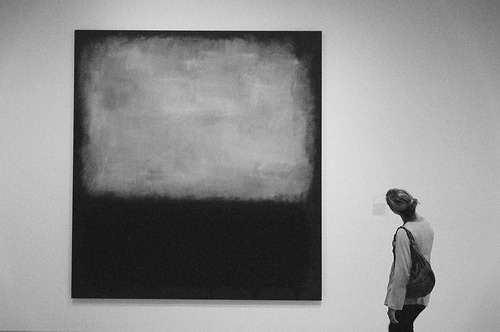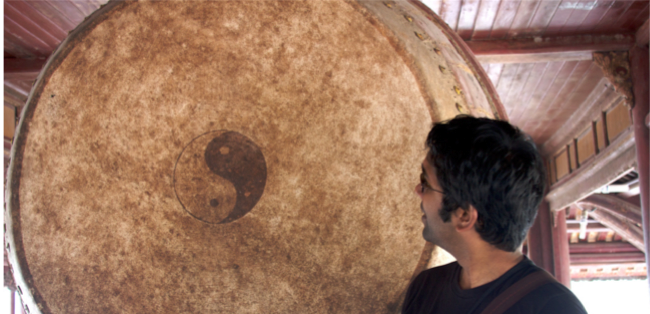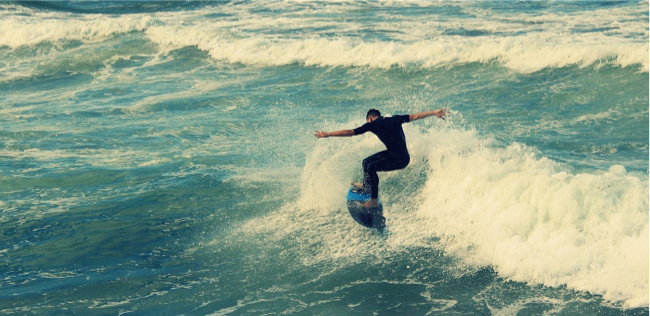Extremity is not a bad thing if it is a drastic swing back to balance.
In the eyes of Tao, everything moves cyclically.
Time is an example. Instead of moving in a straight line from day one to two and so forth, it moves in a cycle — from spring to summer to autumn and winter and then it is back to spring again.
So is our physical energy. Having renewed in the morning after a good night’s sleep, it expands in the day and goes into a decline when night approaches. It is then back to the state of repose – not unlike what winter does at the end of a year.
So goes everything else. There is always a coming and going, expansion and contraction. After day, it is night; and after night it is day. While day is the ending of night, it is also where night begins.
You see in it an oscillation between the opposite forces; from yin to yang and yang to yin, and then it is back to yang again. When yin reaches its extreme, it gives way to yang; when yang reaches its peak, it moves back to yin.
Extremity results in movement towards the opposite. So success without renewal is heading for failure, and stress without relief leads one into distress.
Thus Lao Tzu says in Tao Te Ching, “The sage avoids excess, extravagance, and indulgence.” Avoid having too little or too much. If no action is called for, doing anything is overdoing. Working too hard or too little is both problematic.
Finding the balance, therefore, in what one should be doing – in all things in life.
But if critical change is called for, extremity is not necessary a bad thing, as long as it is a drastic swing back to balance. There are many stories about enlightenment dawning upon disciples when they receive a slap or a blow from their masters.
If you want to be reborn, let yourself die.





